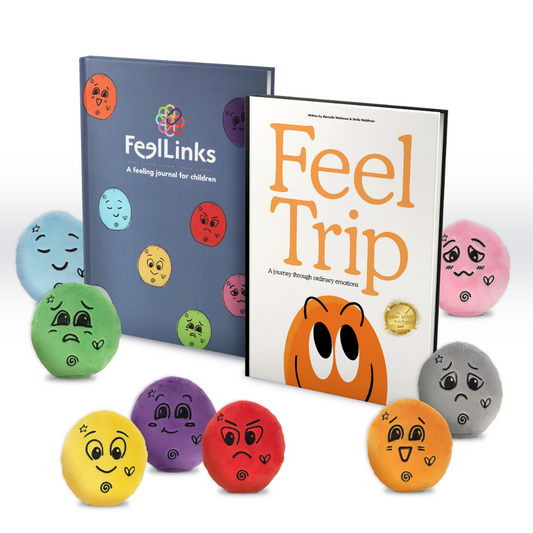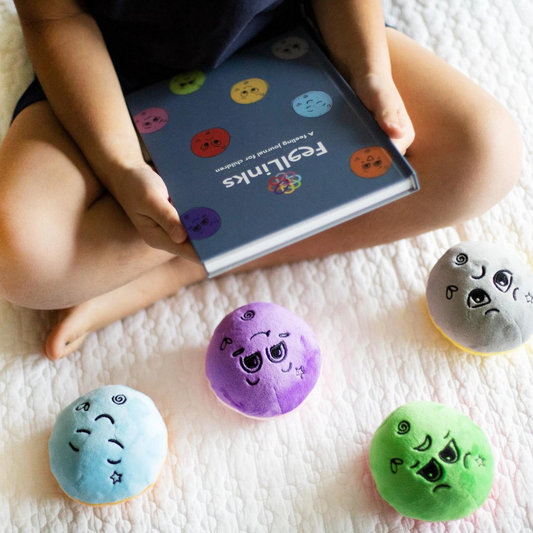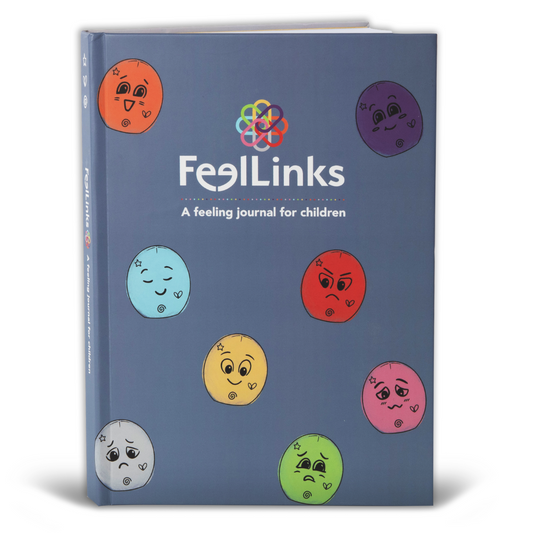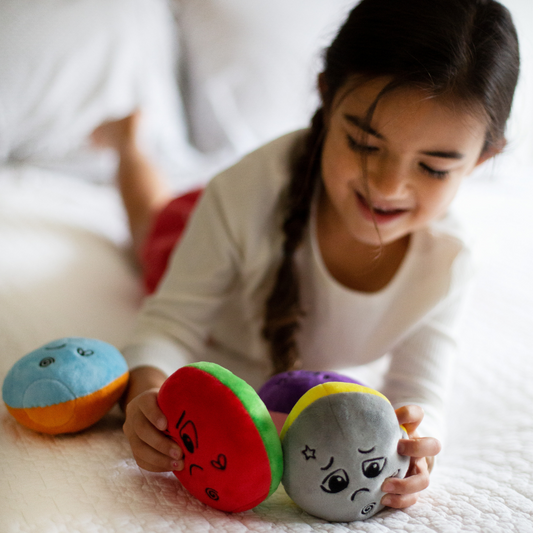💔Discussing gun violence with our children💔
Share

Photo: @SandyhookPromise
UPDATED: AUGUST 27, 2025
💔 Columbine High School – Littleton, Colorado (April 20, 1999)
💔 Red Lake Senior High School – Red Lake, Minnesota (March 21, 2005)
💔 Sandy Hook Elementary – Newtown, Connecticut (December 14, 2012)
💔 Rancho Tehama Elementary – Rancho Tehama Reserve, California (November 14, 2017)
💔 Stoneman Douglas High School – Parkland, Florida (February 14, 2018)
💔 Santa Fe High School – Santa Fe, Texas (May 18, 2018)
💔 Robb Elementary – Uvalde, Texas (May 24, 2022)
💔 Covenant School – Nashville, Tennessee (March 27, 2023)
💔 Perry High School – Perry, Iowa (January 4, 2024)
💔 Apalachee High School – Winder, Georgia (September 4, 2024)
💔 Tuskegee University – Tuskegee, Alabama (November 10, 2024)
💔 Abundant Life Christian School – Madison, Wisconsin (December 16, 2024)
💔 Antioch High School – Nashville, Tennessee (January 22, 2025)
💔 Florida State University – Tallahassee, Florida (April 17, 2025)
💔 Annunciation Catholic School – Minneapolis, Minnesota (August 27, 2025)
💔 My heart shatters for these families, schools, and communities - and for the countless others who have been forced to endure the unthinkable. Once again, our nation is plunged into mourning. Once again, children, teachers, and loved ones are stolen in moments of senseless violence. And once again, we are left grieving together - carrying the unbearable weight of loss, trauma, and the haunting reality that our schools, the very places meant to protect and nurture, have become sites of tragedy…AGAIN.
We can all agree: schools are meant to be safe places. For many children, they are the only place where safety, care, and stability are guaranteed. Yet, that promise has been broken, AGAIN. The reality is heartbreaking - gun violence has reached into our neighborhoods, our classrooms, and our sanctuaries of learning. No longer can we say with certainty that our children are safe within the walls of their schools here in the United States.
EDIT: The most recent school shooting occurred on August 27th at Annunciation Catholic School in Minneapolis, Minnesota killing 2 children ages 8 and 10 (so far unidentified), injuring 17 including 14 children and 3 adults. The most recent school shooting occurred on March 27th at The Covenant School in Nashville, Tennessee, taking the the lives of three, 9-year-old elementary students, and three adult staff.
My heart is with the children, families, staff, and entire community as they face this horrific and traumatic tragedy. I grieve alongside you, and I remain committed to doing all I can to support the fight to end gun violence.
The purpose of todays article is to share how to speak with our children about horrific acts of gun violence. I know we are all asking, “Why do we even have to know how to talk about this with our children?” The heartbreaking reality is that we need to discuss gun violence within our families; so how best can we talk about it with our children?
Breaking the news: Hearing it from you
While our first instinct might be to protect our children from hearing about these horrific events, we must remember that their ears are always listening. Whether it’s a news report on the television or radio, a conversation in our own homes, or a chat amongst peers at school; our children are most likely going to hear about it. If we do not talk to them first, we risk them learning about it from other sources. You should be their source first, the one to listen to them, answer their questions, and share it how you want to share it with them.
Reassure them: You are keeping them safe
Take the time to remind your children that you are keeping them safe. It’s your primary job as their parent to keep them protected. This message is vital for children of all ages, our young ones and adolescents.
While we cannot make promises that they will be safe under all circumstances, we can promise that we always do everything in our power for their safety and security.
Turn off the TV
There will be constant television coverage. As I stated previously, it is best that you are the source for your children, especially for younger age kids. Not only is it detrimental for them to watch these things with their own eyes, it’s also healthier for us to turn off the TV as it can create even more anxiety for us. We need to be a stable place for our children to talk and process.
Answer questions: account for age, development, & maturity level
You will need to take in account your child’s age, development and maturity level. What we share with our 6-year-old will not be the same as what we share with our teens. With our younger children, less is more. Come up with a few statements that you can use when sharing the news. Be prepared for listening and answering questions. Typically, our kids will ask questions that are age/developmentally appropriate. With our older children, around age 12 and up, they may want to talk more about the social and political issues surrounding gun violence. They may want to take action in some way: support the community that has experienced tragedy, memorialize those that have been lost, write politicians, support organizations that support their cause.
Here are a few organizations and Instagram pages working to end gun violence:
Choose Love Movement @chooselovemovement
Every Town @everytown
March for Our Lives @marchforourlives
Moms Demand Action @momsdemand
Sandy Hook Promise @Sandyhookpromise
Validate: feelings, questions, fears, etc.
Choose the right time to speak with your child(ren). Share the facts while setting the emotional tone for the conversation. If you think your child has heard about an incident, start by asking them what they know.
Your child will most likely have feelings, questions, wonders, and concerns…let them express those to you. Validate how they are feeling, this will help them cope better by talking about it.
This will be a time for them and you to process together. It’s okay to tell them how you are feeling about the incident, but you won’t want to necessarily work through your tough emotions with them; that would be too much for your child to handle.
Revisiting the topic
Your child will most likely want to revisit the conversation. Be available and spend the time needed to comfort them and reassure their safety.
Gun Safety
According to Everytown for Gun Safety, each year, nearly 4,000 children and teens in the United States, ages 0 to 19, die due to guns, and 15,000 more are wounded by guns. That’s an average of 53 American children and teens every day. Of those tragedies, 1,300 are suicides.
Over the past decade, the firearm suicide rate among children and teens has increased by 66%. For people of all ages, having access to a gun increases the risk of death by suicide by three times. Research shows that an estimated 4.6 million American children live in homes with at least one gun that is loaded and unlocked.
Over 80% of child gun suicides involved a gun belonging to a parent or relative. Ensuring that any guns in the home are safely secured (not loaded and locked away), and teaching all children about gun safety—is essential.
Educate your children about guns. Be sure your child understands the seriousness of guns.
Lastly, remember, it's okay to not know - there is a lot we do not know when it comes to these tragic, traumatic circumstances.
Hug your people tight. Show them they are loved and protected.
With love,
Marcelle





